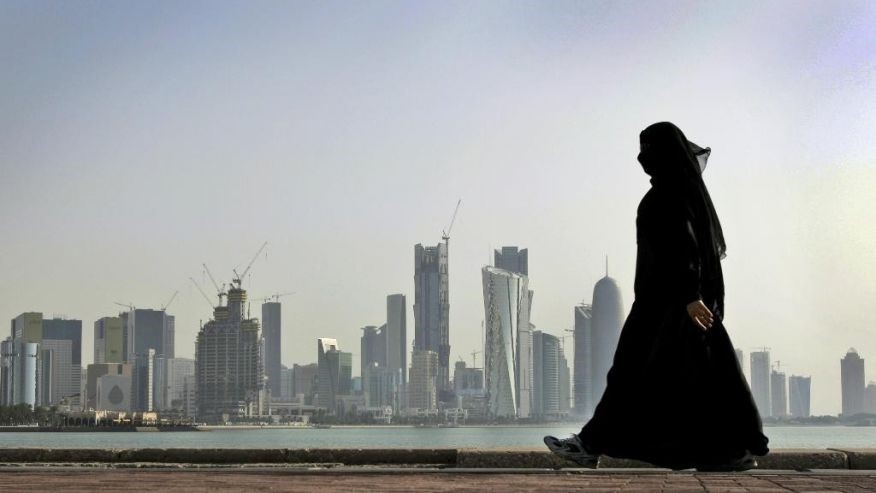Qatar approves new law to protect asylum seekers

According to Human Rights Watch, the emir of Qatar has signed the Gulf region’s first law to organise procedures and manage requirements for individuals seeking asylum in Qatar.
Deputy Middle East director at Human Rights Watch, Lama Fakih commented:
“Qatar’s asylum law is a huge step forward in a region made up of wealthy states that have historically shut their doors to refugees. But Qatar should go further and amend the law so that it fully aligns with its obligations under international human rights and refugee law.”
Various articles of Qatar’s new asylum law have set out rules and regulations that apply to refugees. In Article 1, a “refugee is referred to as a “political asylee” in the new body of law, while Article 9 gives refugees education, housing, the right to work, the ability to receive government healthcare and unemployment benefits. Article 15 does not permit a refugee to return to his or her home country in which they fear torture, inhuman treatment, or execution.
Unlike international law, Qatar’s first refugee asylum law requires a refugee to have a link to a particular ethnicity, religion, religion, or political belief. However, this contradicts the article that says one cannot return home to a place where they live in fear of torture, inhuman treatment or execution. This shows that it is crucial for the law to be amended and applied to all circumstances of torture, inhuman treatment, or execution is not permitted.
Qatar’s new refugee asylum law has been created during a diplomatic crisis when the UAE, Bahrain, Saudi Arabia, and Egypt have all been pitted against Qatar. Because of the crisis, Qatari nationals currently living in Bahrain, UAE, and Saudi Arabia were forced to leave these countries in 2017 and vice versa.
Qatar should fully commit to refugee rights and Fakih noted:
We hope this law is not only used to protect people affected by the diplomatic crisis, but that it will more broadly grant anyone with a well-founded fear of persecution a safe home in the country. Qatar should be actively working to make the promise of protection in the legislation a reality through prompt and effective implementation.”
The AIDF Global Summit will return to Washington D.C, in 2019.
If you’d like to stay informed on the latest updates in aid and development, please sign up for the AIDF newsletter.
Photo Credit: Qatar-America Institute













